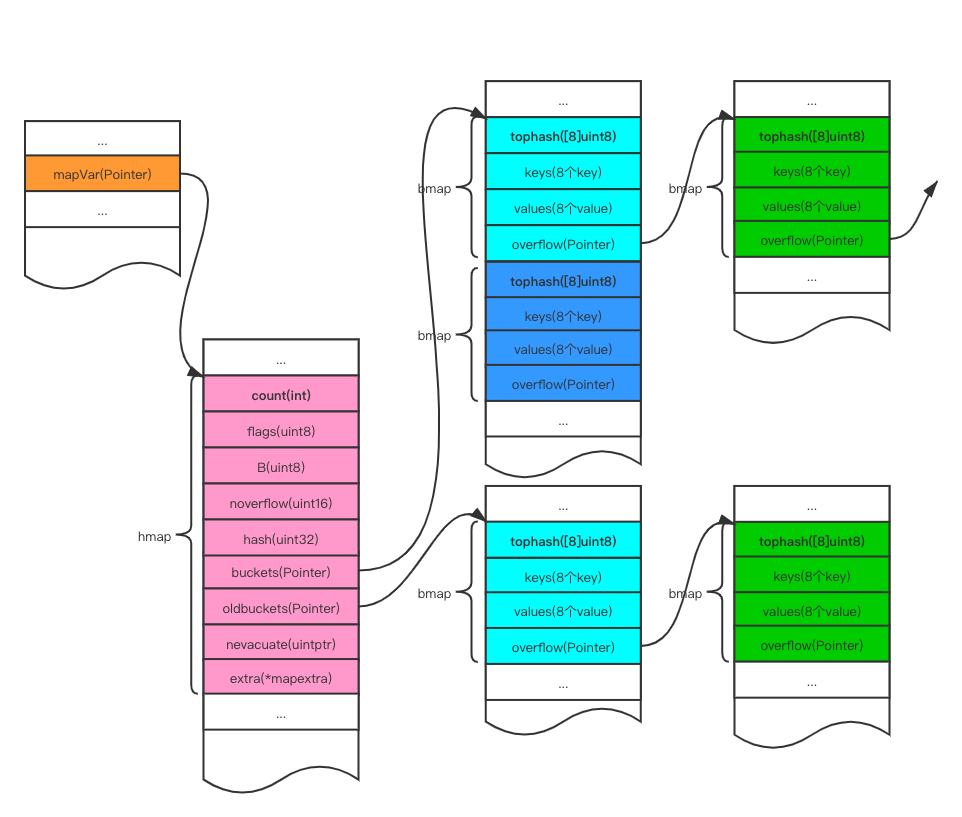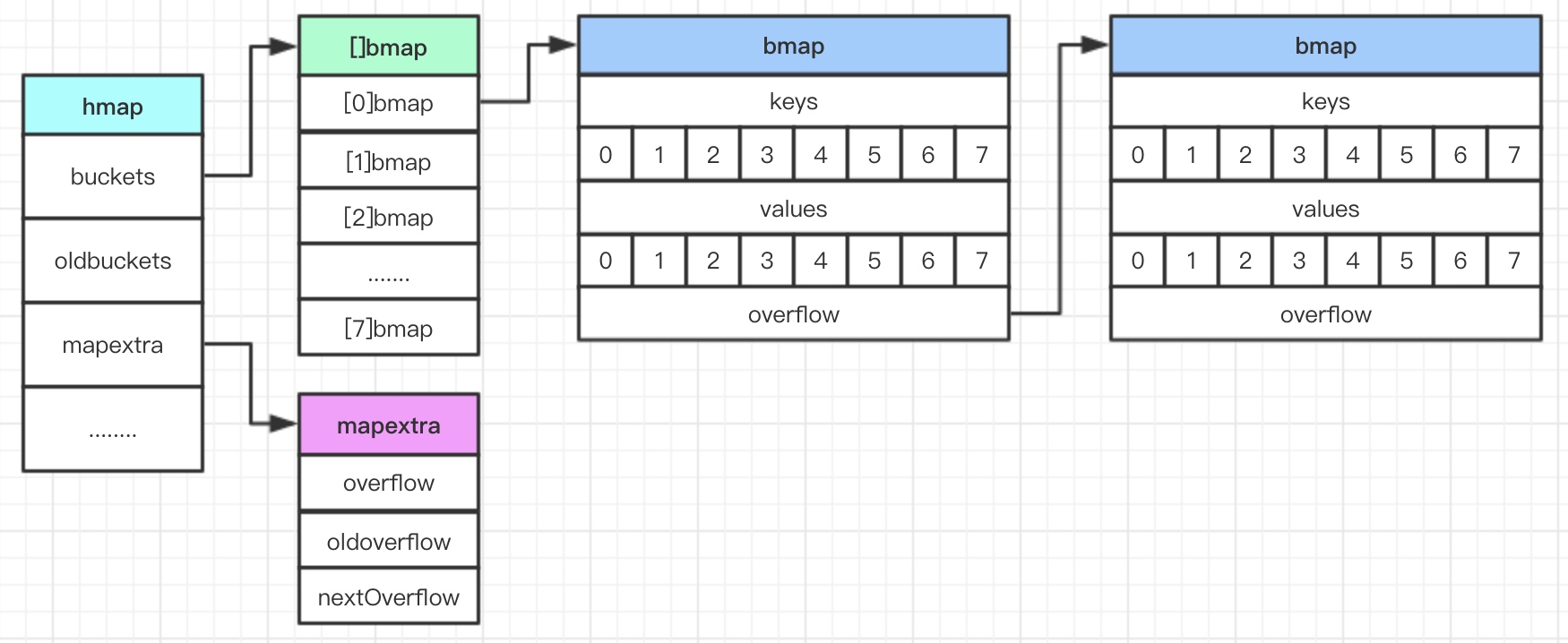

JWE is currently outside the scope of this library. If you need to protect (encrypt) the data, there is a companion spec, JWE, that provides this functionality. It's important to know that JWT does not provide encryption, which means anyone who has access to the token can read its contents.
#Golang map godocs full#
A full list of breaking changes is available in VERSION_HISTORY.md. We've tried to break as few things as possible, so there should just be a few type signature changes. Version 3.0.0 includes a lot of changes from the 2.x line, including a few that break the API.It will do the right thing WRT semantic versioning. You may want to use this alternative package include: gopkg.in/dgrijalva/jwt-go.v3. While we try to make it obvious when we make breaking changes, there isn't a great mechanism for pushing announcements out to users. You can find all the releases on the project releases page. Periodically, versions will be tagged from master. Accepted pull requests will land on master.

This project uses Semantic Versioning 2.0.0. There should be very few backwards-incompatible changes outside of major version updates (and only with good reason). Feedback and feature requests are appreciated. This library is considered production ready. In order to protect against accidental use of Unsecured JWTs, tokens using alg=none will only be accepted if the constant jwt.UnsafeAllowNoneSignatureType is provided as the key.This library was last reviewed to comply with RTF 7519 dated May 2015 with a few notable differences: Here's an example of an extension that integrates with the Google App Engine signing tools: Compliance Simply implement the SigningMethod interface and register a factory method using RegisterSigningMethod. This library publishes all the necessary components for adding your own signing methods. Simple example of building and signing a token.Simple example of parsing and validating a token.See the project documentation for examples of usage: Current supported signing algorithms are HMAC SHA, RSA, RSA-PSS, and ECDSA, though hooks are present for adding your own.
#Golang map godocs verification#
This library supports the parsing and verification as well as the generation and signing of JWTs. Refer to the RFC for information about reserved keys and the proper way to add your own. It's called the Claims and contains the actual stuff you care about. The part in the middle is the interesting bit. For example, which encryption method was used for signing and what key was used.

It contains the necessary information for verifying the last part, the signature. The last part is the signature, encoded the same way. The first two parts are JSON objects, that have been base64url encoded. A token is made of three parts, separated by. It's commonly used for Bearer tokens in Oauth 2. In short, it's a signed JSON object that does something useful (for example, authentication). JWT.io has a great introduction to JSON Web Tokens. This library attempts to make it easy to do the right thing by requiring key types match the expected alg, but you should take the extra step to verify it in your usage. SECURITY NOTICE: It's important that you validate the alg presented is what you expect.
#Golang map godocs upgrade#
Recommendation is to upgrade to at least 1.8.3. SECURITY NOTICE: Some older versions of Go have a security issue in the cryotp/elliptic. If you depend on this library and don't want to be interrupted, I recommend you use your dependency mangement tool to pin to version 3. If you have other ideas, or would like to participate in 4.0.0, now's the time. See the 4.0.0 milestone to get an idea of what's coming. 4.0.0 will follow shortly which will include breaking changes. I'm working now on cutting two different releases: 3.2.0 will contain any non-breaking changes or enhancements. NEW VERSION COMING: There have been a lot of improvements suggested since the version 3.0.0 released in 2016. NewValidationError(errorText, errorFlags)Ī go (or 'golang' for search engine friendliness) implementation of JSON Web Tokens ParseWithClaims(tokenString, claims, keyFunc) (m) Verify(signingString, signature, key) (p) ParseWithClaims(tokenString, claims, keyFunc) ParseRSAPrivateKeyFromPEMWithPassword(key, password)


 0 kommentar(er)
0 kommentar(er)
